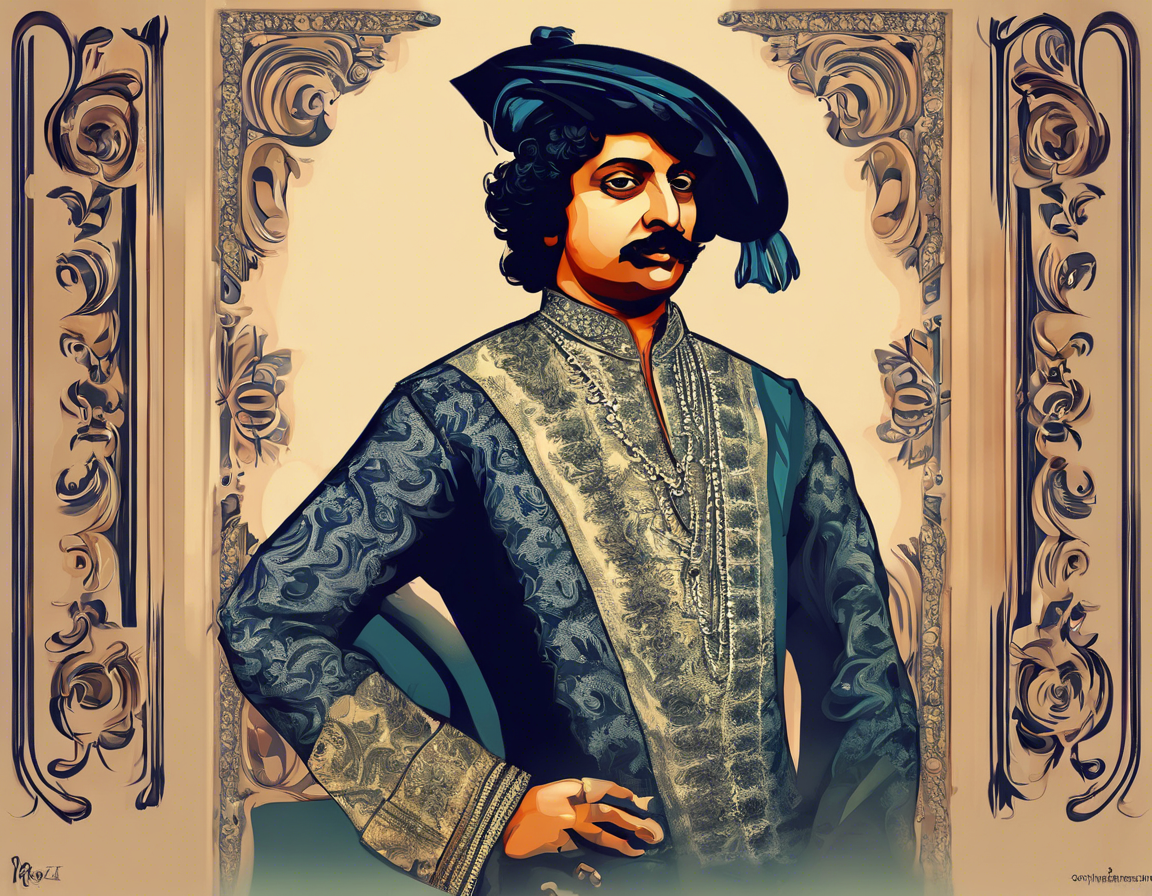Raja Ram Mohan Roy: The Father of Indian Renaissance
In the early 19th century, India underwent a significant cultural, social, and intellectual transformation known as the Indian Renaissance. This period marked a turning point in India’s history, characterized by a renewed interest in traditional Indian culture, as well as a growing awareness of new ideas and philosophies from the West. At the forefront of this movement was Raja Ram Mohan Roy, often hailed as the “Father of Indian Renaissance.” His contributions to Indian society and culture were pioneering, laying the foundation for modern Indian thought and reform. In this article, we will delve into the life, work, and legacy of this visionary leader.
Early Life and Education
Raja Ram Mohan Roy was born in 1772 in Radhanagar, Bengal Presidency, British India. He was born into a Brahmin family and received a traditional Indian education in Sanskrit and Persian. However, his intellectual curiosity led him to study Western thought and philosophy, including works by thinkers such as John Locke and Voltaire.
Social and Religious Reforms
One of the key aspects of Raja Ram Mohan Roy’s legacy was his tireless efforts towards social and religious reform in India. He was a staunch advocate for the abolition of social evils such as sati (the practice of widows immolating themselves on their husband’s funeral pyre) and child marriage. His seminal work, “Tuhfat-ul-Muwahhidin” (A Gift to Monotheists), criticized idol worship and encouraged monotheism among Hindus.
Founding of Brahmo Samaj
In 1828, Raja Ram Mohan Roy founded the Brahmo Samaj, a social and religious reform movement aimed at promoting monotheism, reason, and social justice. The Brahmo Samaj played a crucial role in challenging orthodox Hindu practices and promoting a more rational and inclusive form of spirituality.
Advocate for Women’s Rights
Raja Ram Mohan Roy was a strong proponent of women’s rights and gender equality. He believed in the importance of education for women and fought against discriminatory practices that oppressed women in Indian society. His efforts laid the groundwork for the women’s empowerment movement in India.
Promotion of Education
Recognizing the pivotal role of education in social reform and progress, Raja Ram Mohan Roy advocated for modern education in India. He established schools that emphasized a blend of traditional Indian knowledge and Western science, laying the foundation for a new generation of enlightened Indian thinkers.
Legacy and Impact
Raja Ram Mohan Roy’s legacy continues to reverberate in Indian society and beyond. His pioneering efforts in social reform, religious tolerance, and women’s rights laid the groundwork for the broader Indian Renaissance movement. His commitment to rationalism, social justice, and education remains an inspiration for future generations of reformers and thinkers.
Frequently Asked Questions (FAQs)
-
What were Raja Ram Mohan Roy’s major contributions to Indian society?
Raja Ram Mohan Roy made significant contributions to social and religious reform, advocating for the abolition of sati and child marriage, founding the Brahmo Samaj, and promoting women’s rights and education. -
Why is Raja Ram Mohan Roy called the “Father of Indian Renaissance”?
Raja Ram Mohan Roy is referred to as the “Father of Indian Renaissance” due to his pioneering efforts in promoting social reform, religious tolerance, and education during the Indian Renaissance period. -
What was the Brahmo Samaj, and what were its main principles?
The Brahmo Samaj was a social and religious reform movement founded by Raja Ram Mohan Roy. Its main principles included monotheism, reason, social justice, and the abolition of idol worship. -
How did Raja Ram Mohan Roy contribute to the advancement of women’s rights in India?
Raja Ram Mohan Roy advocated for women’s rights by promoting education for women, challenging discriminatory practices, and fighting for gender equality in Indian society. -
What was Raja Ram Mohan Roy’s view on education in India?
Raja Ram Mohan Roy believed in the importance of modern education as a tool for social reform and progress. He established schools that combined traditional Indian knowledge with Western science.
Raja Ram Mohan Roy’s visionary leadership and unwavering commitment to social reform continue to inspire generations of Indians to strive for a more just, inclusive, and enlightened society. His legacy as the “Father of Indian Renaissance” remains a testament to the enduring power of ideas and the transformative impact of individuals dedicated to positive change.
